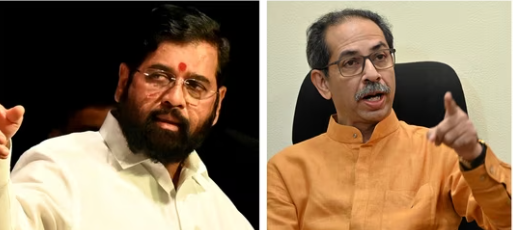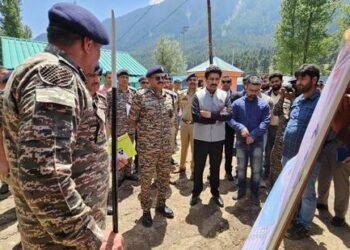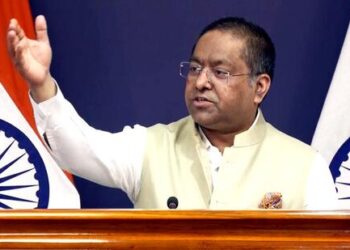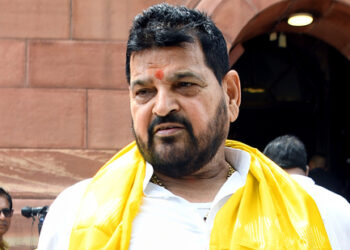In the swirling tides of Indian politics, Shiv Sena finds itself in the eye of a storm, grappling with a crisis of loyalty within its kutumb (family). The recent upheaval within the party has brought to light deep-seated tensions and fractures that threaten to undermine its unity and stability.
Once a staunch proponent of Hindutva ideology and a dominant force in Maharashtra politics, Shiv Sena has recently faced internal dissent and discord, particularly since its unexpected alliance with ideological rivals, the Indian National Congress and the Nationalist Congress Party (NCP), to form a government in Maharashtra.
The rifts within Shiv Sena became more apparent as the party navigated the choppy waters of coalition politics, with some members expressing dissatisfaction over the compromises made to secure political power. The recent controversy surrounding the handling of the Aryan Khan drug case further exacerbated tensions within the party, with differing opinions on the party’s stance and response.
At the heart of Shiv Sena’s crisis lies a struggle for loyalty and allegiance. Traditional supporters of the party, who have long stood by its Hindutva agenda, find themselves questioning the leadership’s decisions and alliances. Simultaneously, newer members, drawn to the party by its promises of development and progress, are disillusioned by what they perceive as a departure from the party’s core principles.
The ongoing turmoil within Shiv Sena underscores the delicate balance between ideology and pragmatism in Indian politics. As the party grapples with internal dissent and external pressures, its ability to navigate these challenges while maintaining its identity and appeal will be crucial for its survival and relevance in the ever-evolving political landscape of Maharashtra and beyond.








 India
India












